Costa Rica black honey processing coffee beans what taste black honey coffee how to brew good to drink?
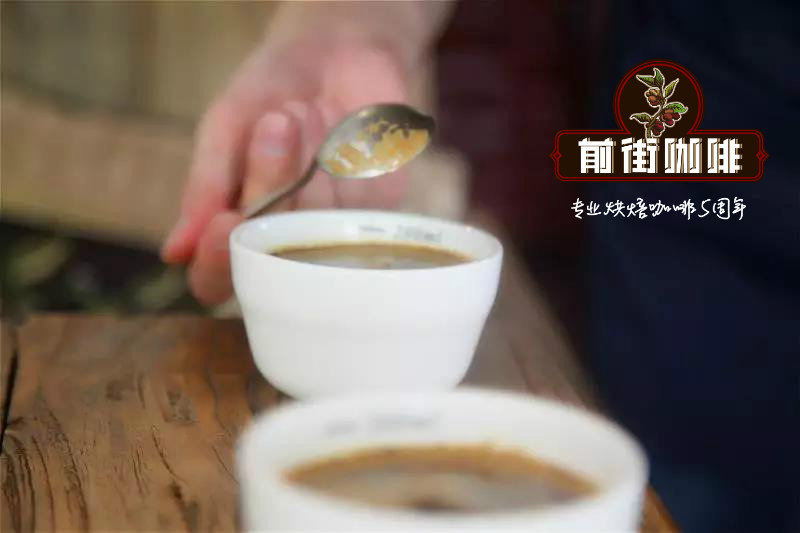
Professional coffee knowledge exchange more coffee bean information please follow the coffee workshop (Wechat official account cafe_style)
Costa Rica Sumava de Lourdes black honey
Costa Rica. Shumawa Manor. Kaddura . Black honey
Producing area: Western Valley (West Valley)
Manor: Shumawa Manor (Finca Sumava de Lourdes)
Variety: Kaddura
Altitude: 1700 m
Treatment: black honey treatment (black honey)
Soil: volcanic geology
Harvest: December to March of the following year
Flavor description: black sugar, floral aroma, citrus, grapefruit, sweet spices, sweet and greasy taste
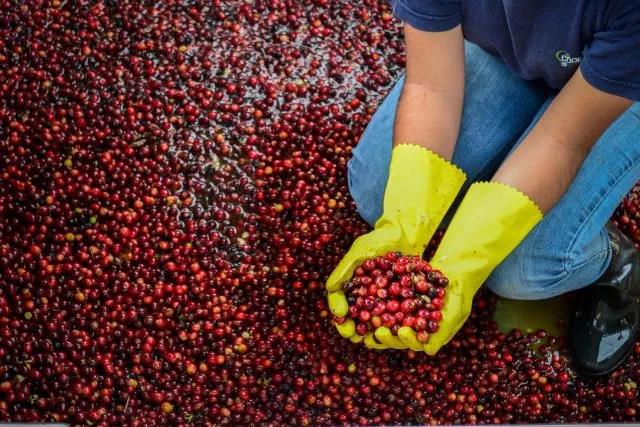
The most famous large planting area in the country is Tarrazu, which is near the capital San Jose. Tara Zhu producing area has the highest average latitude and excellent climate and soil conditions, which makes Tarazhu the most famous and generally recognized coffee producing area in Costa Rica. Sanshui River (Tres Rios) is a famous small producing area in Tarazhu producing area. Boutique Coffee the most famous Costa Rican single estate coffee in the world is the La Minita estate in Tarazu District, which produces only 160000 pounds a year.
Its three most famous producing areas are Tarasu, south of the Costa Rican capital SanJose, as well as the producing areas of the Central Valley and the western valley. There are many excellent independent estates, all of which are carefully cultivating more fine washed and honey-treated coffee beans. let's hope that Costa Rica will bring us more honey-treated coffee surprises.
Shumawa Manor
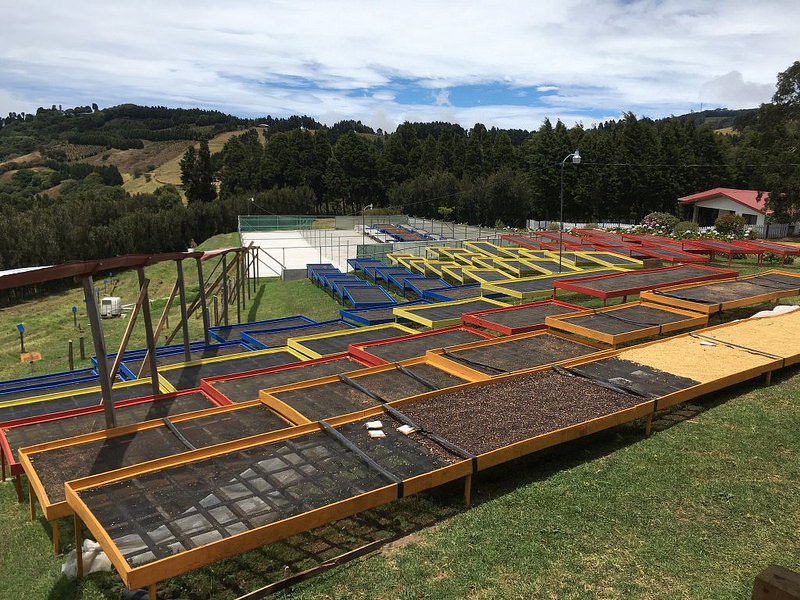
Costa Rica has seven coffee producing areas, of which Tarazu, the central valley and the western valley are the three most well-known and of good quality. Finca Sumava de Lourdes is located in the western valley of Costa Rica, near the city of Naranjo, 1700 meters above sea level, with 10 hectares of Villasarchi and Kaddura, 2 hectares of SL28, 1 hectare of geisha and others. Francisco Men, the manor owner, and Jose Ordonez, the manor manager, lead a full-time team. In addition to growing a variety of coffee varieties, the park also reserves a large area of land as a forest reserve, giving wild animals a natural habitat. It is a high-quality coffee farm in Colombia.
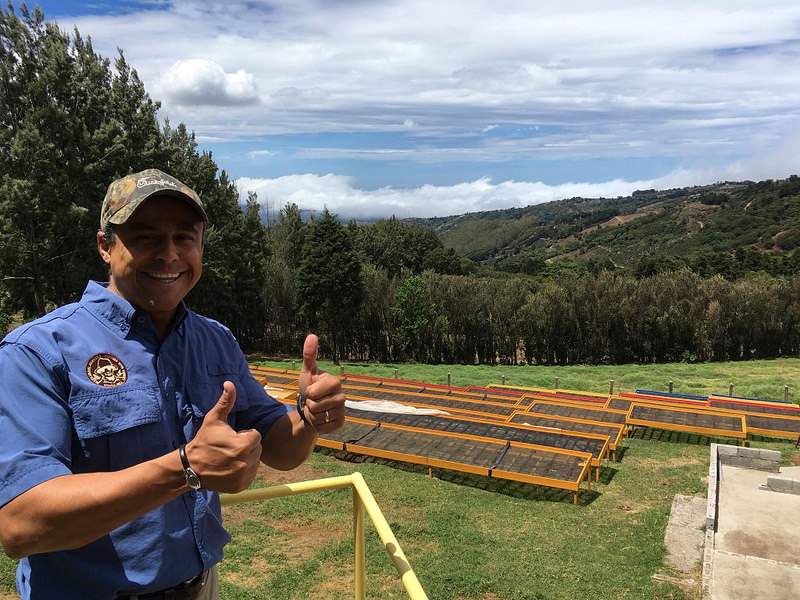
Shumawa Manor, Costa Rica, is a very young manor; Francisco Mena, who was originally engaged in the coffee trade, bought the land and retained most of the original forests, only a small part of it was developed as a coffee growing area to maintain the natural ecological balance of the estate.
Shumawa Manor is about 1670-1790 meters above sea level. In the western valley, another well-known producing area in Costa Rica, the poor temperature, coupled with fertile soil, is very suitable for coffee cultivation.
The landowner Francisco Mena introduced a high-quality variety in the top 13 of the Super Cup, the bourbon mutant, Vera Saatchi (villa sarchi). This is a rare variety bred through the cross of red bourbon tree species. Strong wind resistance, preference for high altitude environment, excellent acidity and a variety of fruit aromas, high sweetness, bright and delicate citrus acidity and low raisin and nut aromas, high complexity and full balance.
Most of the manor is left to the forest to maintain the natural environment. In the manor arrangement, also took a lot of thought, for broken wood, rotten wood, weeds and so on do not use the traditional way of burning, but the wood is broken into pieces, and mixed with organic fertilizer, used as fertilizer on the farm. From the El Chayote reserve in the western valley, in the fertile volcanic soil of Po á s, facing convection and moisture in the Pacific Ocean, low temperature difference in the morning and evening and excellent micro-climate, this small area with a radius of 1 km has given birth to four champion estates! A real hero of the earth!
[coffee varieties]
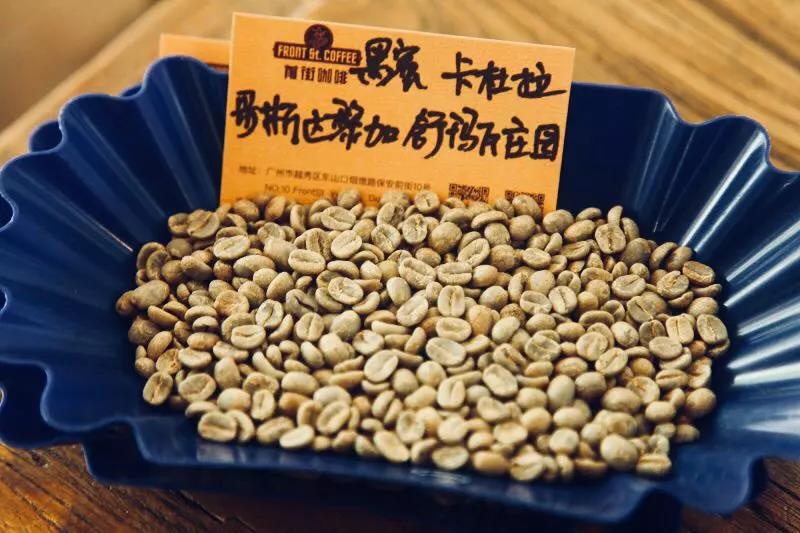
Kaduai is an artificial hybrid of Kaddura and Mondu Novo. Kaduai has a good ability to resist natural disasters, especially wind and rain.
Kaduai tree species are relatively low, compared with other coffee trees, the fruit of Kaduai is stronger and harder to pick. The fruit is both red and yellow. So far, it has not been found that yellow fruit tastes better than red fruit. On the contrary, some people found in the cup test that although the coffee processed by some yellow fruits has good acidity, the cleanliness of the coffee taste is worse than that of the red fruit.
Kaduai was cultivated in Brazil and is now widely grown in Central America.
[honey treatment]
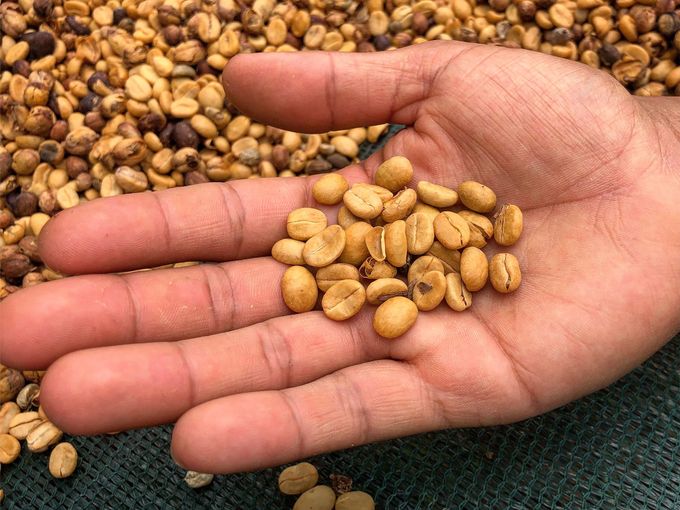
We usually see the treatment of honey: yellow honey, red honey, black honey.
Yellow honey: about 40% of the pectin is removed; the drying method requires the most direct heat absorption, receives the most light drying, and lasts for about 8 days to reach a stable water content.
Red honey: about 25% of the pectin is removed; it takes longer to dry than yellow honey, and reduces direct exposure to sunlight, even in shading sheds, lasting about 12 days.
Black honey: hardly remove pectin; dry for the longest time, lasting at least 2 weeks, with a cover to avoid too strong sunlight, prevent drying too fast, and make sugar conversion more fully.
Cooking suggestion
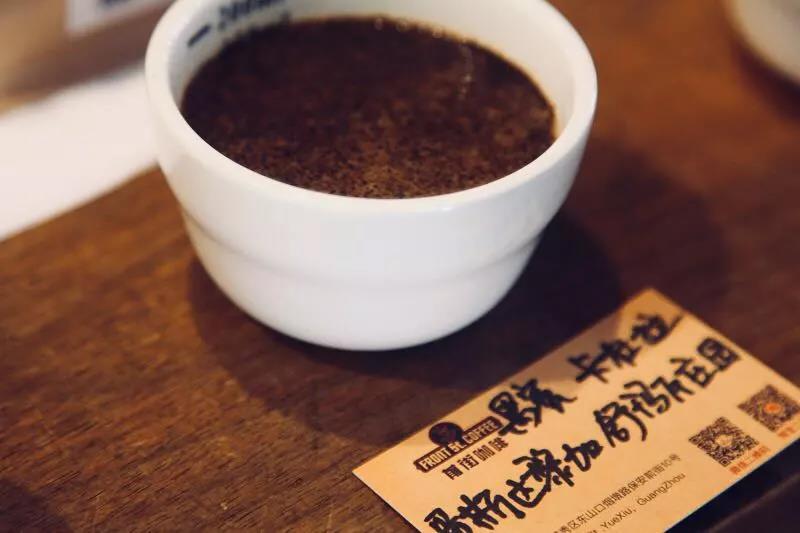
Hand rushing Costa Rican black honey. 15g powder, medium grinding (small Fuji ghost tooth cutter 4 grinding), v60 filter cup, 88-90 degrees water temperature, 30g water injection for the first time, steaming for 27 seconds, water injection to 105g water cut off, wait for the amount of water in the powder bed to be reduced to half, then water injection, slow water injection until 225g water, no water powder ratio at 1:15, extraction time at 2:00
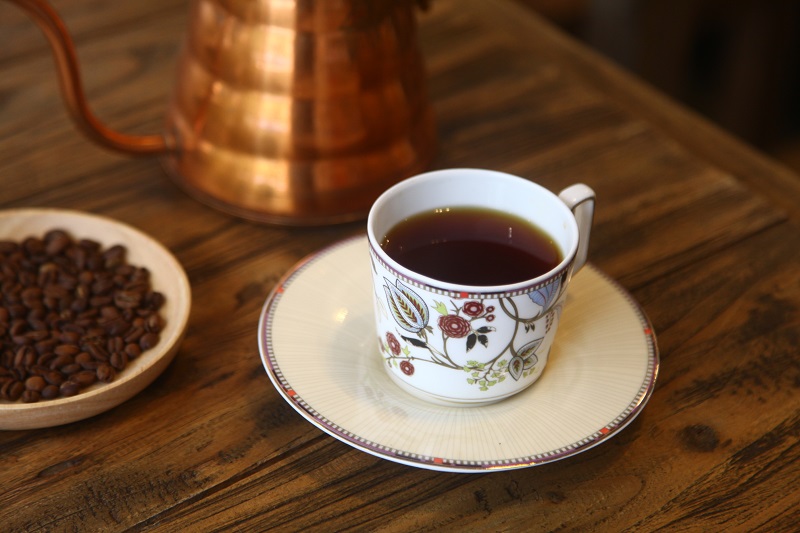
Although Costa Rica has won the recognition of coffee gluttons through honey-treated coffee beans, it is also closely related to Costa Rica's superior geographical and climatic conditions, and the selection of Arabica varieties of coffee. Costa Rica's high-quality coffee beans are called "very hard beans" (SHB), and the quality of hard beans (HB) and slightly hard beans (SH) decline in turn, and this is also the way it is graded. Extremely hard beans grow at an altitude of more than 1500 meters, and altitude always represents the quality of coffee, and high altitude means better quality. In addition, due to the high altitude drop caused by sufficient rainfall, is very beneficial to the growth of coffee trees; and high altitude night temperature is low, resulting in slow growth of trees, so that coffee fruit better absorb more nutrients, coffee flavor is also richer.
Flavor: plum, honey, brown sugar, orange blossom, white chocolate
Taste: good sweetness, soft acidity, round and full, long-lasting finish.
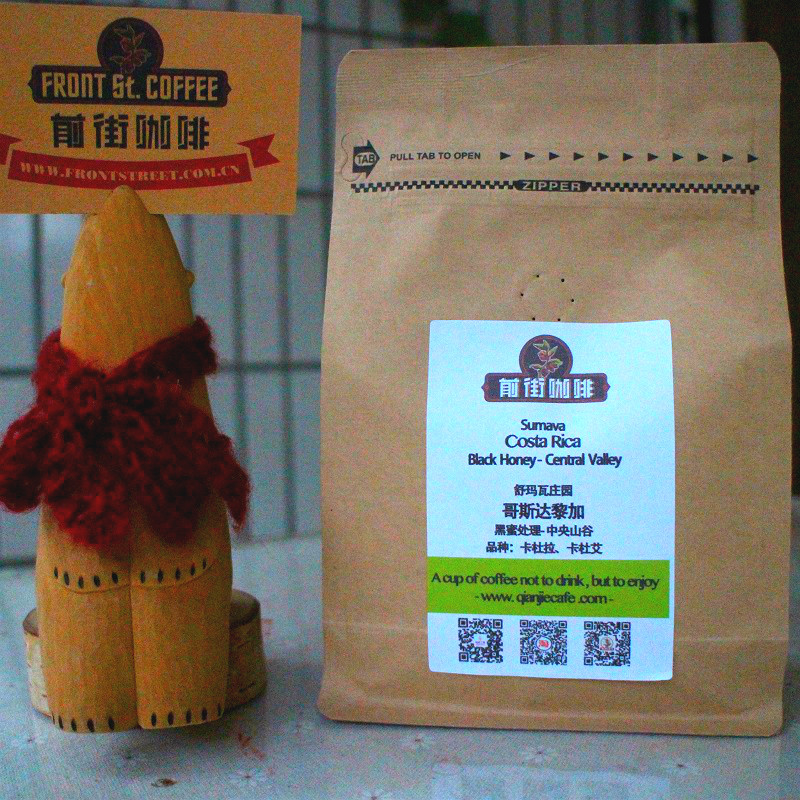
Purchase link: https://item.taobao.com/item.htm?spm=a1z10.5-c-s.w4002-15673140460.49.56706805zWfB30&id=542185309497
Important Notice :
前街咖啡 FrontStreet Coffee has moved to new addredd:
FrontStreet Coffee Address: 315,Donghua East Road,GuangZhou
Tel:020 38364473
- Prev
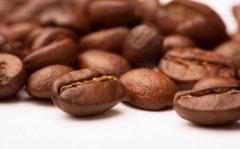
Costa Rican black honey flavor describes which brand of black honey coffee is good.
For the exchange of professional baristas, please follow the coffee workshop (official Wechat account cafe_style). The most famous large planting area in the country is Tarrazu, near the capital, San Jose. Tarazhu producing area has the highest average latitude and excellent climate and soil conditions, which makes Tarazhu the most famous and generally recognized coffee producing area in Costa Rica. Tres Rios is the tower.
- Next

Sidamo honey taste aroma Sidamo Coffee types and prices
For the exchange of professional baristas, please pay attention to the honeyed words made by the hands of the coffee workshop (Wechat official account cafe_style). 15g powder, medium fineness grinding (small Fuji ghost tooth cutter 3.5grinding), v60 filter cup, 9193 degrees water temperature, 30g water injection for the first time, steaming for 27 seconds, water injection to 105g water cut off, wait for the water volume of powder bed to be reduced to half and then water injection, slow water injection until 225g water, do not use water at the end.
Related
- Detailed explanation of Jadeite planting Land in Panamanian Jadeite Manor introduction to the grading system of Jadeite competitive bidding, Red bid, Green bid and Rose Summer
- Story of Coffee planting in Brenka region of Costa Rica Stonehenge Manor anaerobic heavy honey treatment of flavor mouth
- What's on the barrel of Blue Mountain Coffee beans?
- Can American coffee also pull flowers? How to use hot American style to pull out a good-looking pattern?
- Can you make a cold extract with coffee beans? What is the right proportion for cold-extracted coffee formula?
- Indonesian PWN Gold Mandrine Coffee Origin Features Flavor How to Chong? Mandolin coffee is American.
- A brief introduction to the flavor characteristics of Brazilian yellow bourbon coffee beans
- What is the effect of different water quality on the flavor of cold-extracted coffee? What kind of water is best for brewing coffee?
- Why do you think of Rose Summer whenever you mention Panamanian coffee?
- Introduction to the characteristics of authentic blue mountain coffee bean producing areas? What is the CIB Coffee Authority in Jamaica?

